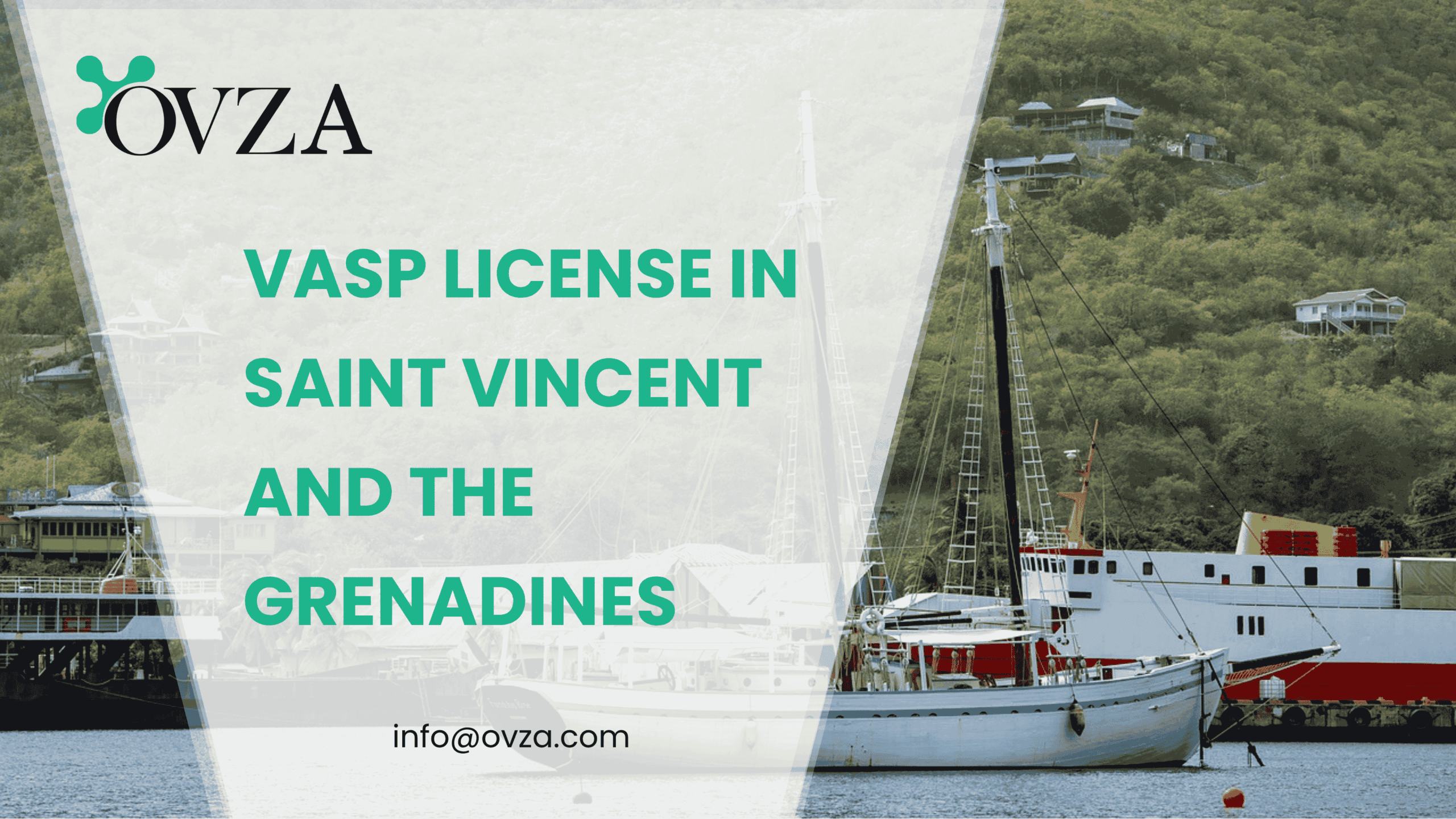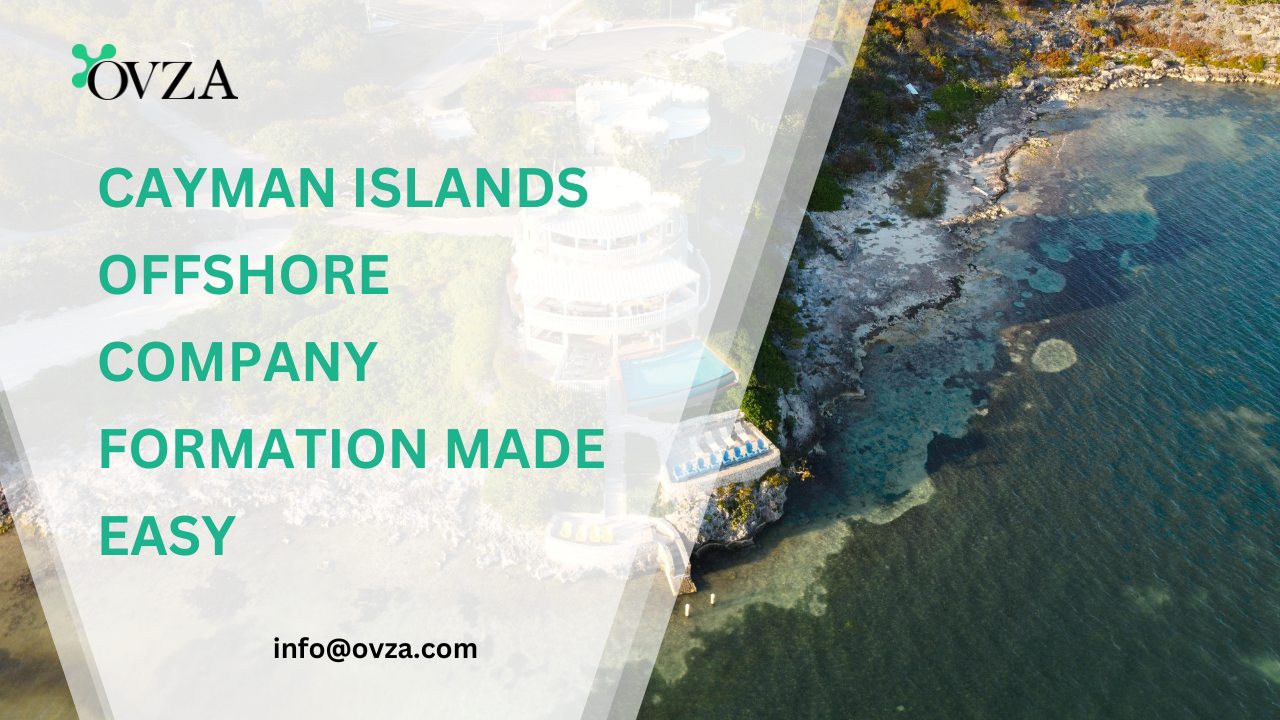Virtual asset service providers in Saint Vincent and the Grenadines must be licensed under the Virtual Asset Business Act, 2022. As the regulation of digital assets becomes increasingly standardized across jurisdictions, Saint Vincent and the Grenadines (SVG) has joined the ranks of countries establishing a formal framework for licensing Virtual Asset Service Providers (VASPs). The Virtual Asset Business Act, 2022 (VABA) enacted by SVG introduced a comprehensive regulatory regime for entities involved in the issuance, safekeeping, exchange, and transfer of virtual assets. Under this legal framework, SVG mandates the registration and licensing of VASPs, ensuring alignment with international standards for anti-money laundering (AML) and counter-terrorism financing (CFT) compliance. The responsibility for the administration and enforcement of this licensing regime lies with the Financial Services Authority (FSA).
Entities operating from or within SVG that engage in virtual asset activities must comply with the requirements of the Act or risk enforcement action. The licensing process incorporates scrutiny of ownership structures, governance, compliance protocols, and financial controls.
Legal Framework and Scope of Regulation
The Virtual Asset Business Act, 2022 establishes the statutory basis for licensing and regulating VASPs in SVG. This legislation responds to international calls for transparency and regulatory oversight in the virtual asset sector, particularly under frameworks such as the Financial Action Task Force (FATF) Recommendations and global AML/CFT standards. The Act introduces mandatory registration and licensing for any business engaging in virtual asset activities, including those conducted “in or from within” the jurisdiction.
A VASP under the Act is defined as any entity conducting, on behalf of another person, the exchange, transfer, safekeeping, or issuance of virtual assets, or the provision of financial services related to such activities. The scope of regulation extends to a broad class of entities including cryptocurrency exchanges, wallet providers, issuers of digital tokens, payment processors, and custodians. Entities that provide these services must be formally registered with and licensed by the FSA.
The VABA mandates that all Business Companies (BCs) and Limited Liability Companies (LLCs) formed under SVG law that intend to operate as virtual asset businesses must apply for licensing by July 31, 2025. The FSA retains discretion to grant extensions based on individual circumstances. Notably, LLCs are recognized as eligible applicants under the Act and may engage in virtual asset activities subject to regulatory approval.
The VABA further distinguishes between virtual assets and other digital or financial instruments. Under the Act, a virtual asset is defined as a digital representation of value that can be digitally traded or transferred and is used for payment or investment purposes. It expressly excludes fiat currencies, traditional securities, and non-fungible tokens (NFTs) that serve purely as digital collectibles. This distinction is critical, as the legal obligations apply only to those assets that fall within the statutory definition of a virtual asset.
Activities subject to licensing include exchange between virtual assets and fiat currency, transfer of virtual assets, safekeeping or custodial control, issuance of tokens, and financial services connected to the offering or sale of virtual assets. Purely technological service providers, such as non-custodial wallet developers or fully decentralized platforms that do not exercise control over client funds, may fall outside the regulatory perimeter. However, these entities may still be subject to regulatory oversight on a case-by-case basis, especially where market impact or consumer protection concerns arise.
As SVG moves to operationalize its virtual asset regulation, businesses involved in the virtual asset ecosystem must assess whether their activities fall within the statutory definitions provided by the VABA. The application of these definitions may evolve in line with the interpretation of similar frameworks globally, such as the European Union’s Markets in Crypto-Assets Regulation (MiCA) or guidance issued by the International Organization of Securities Commissions (IOSCO). SVG’s legislative effort reflects a commitment to aligning domestic regulation with these international developments.
Eligibility, Licensing Criteria, and Compliance Requirements
Eligibility for a Virtual Asset Service Provider (VASP) license under the Virtual Asset Business Act, 2022 is extended to entities incorporated in Saint Vincent and the Grenadines, including both Business Companies (BCs) and Limited Liability Companies (LLCs). These structures form the foundation for legal persons seeking to carry out virtual asset activities from within the jurisdiction, either locally or as part of a cross-border framework.
The legislation outlines specific types of Virtual Asset Businesses (VABs) that fall within its regulatory scope. These include platforms engaged in the exchange of virtual assets for fiat or other virtual assets, custodial service providers responsible for the safekeeping or administration of digital assets, issuers of virtual tokens (including tokens created through initial coin offerings or other public sales), and entities offering financial services tied to the sale or transfer of virtual assets. The licensing regime is designed to ensure that such activities are not only transparent and compliant with international best practices but also that they adequately protect client assets and consumer interests.
The application process for a VASP license requires submission of detailed information to the Financial Services Authority (FSA), using a prescribed application form. Applicants must provide corporate details, a clear description of the virtual asset services to be offered, and a comprehensive outline of the company’s ownership and governance structures. This includes information about directors, shareholders, ultimate beneficial owners, and senior management. Each key individual is subject to fit and proper assessments, which take into account experience, qualifications, integrity, and financial standing.
As part of the compliance framework, entities are required to implement robust Anti-Money Laundering and Counter-Terrorism Financing (AML/CFT) policies that meet the standards set by international regulatory bodies, particularly the Financial Action Task Force (FATF). The company must appoint a Money Laundering Reporting Officer (MLRO) and a Money Laundering Compliance Officer (MLCO), both of whom must demonstrate the requisite knowledge and competence to oversee compliance functions.
Applicants must also submit a variety of supporting documents. These include certified identification and police certificates for key persons, personal questionnaires, curriculum vitae, and evidence of professional qualifications. For existing businesses, audited financial statements are required; for newly incorporated entities, forward-looking financial projections spanning at least five years must be provided. Furthermore, a detailed business plan must describe the target markets, operating model, and risk assessment processes.
Security of client assets is a central pillar of the licensing requirements. VASPs must present clear policies on client asset protection, consumer safeguards, and cybersecurity protocols. The FSA also requires documentation related to the applicant’s information technology infrastructure, reflecting the expectation that VASPs maintain a secure and resilient digital environment. These technical and policy requirements are aligned with international principles such as those articulated by the International Organization of Securities Commissions (IOSCO) and the Basel Committee on Banking Supervision’s Principles for Operational Resilience.
Importantly, capital adequacy is a factor that must be satisfied by all applicants, and evidence of appropriate professional indemnity insurance is required as part of the application package. This is to ensure that the VASP has the financial capacity to meet its obligations and to mitigate operational and market risks.
Following submission, the FSA may request additional documentation or clarification before granting approval. The authority is empowered to conduct background checks, site inspections, and compliance reviews as part of its due diligence. This layered approach to assessment supports the integrity of the jurisdiction’s virtual asset regime and contributes to SVG’s compliance with global information-sharing agreements, such as the OECD’s Common Reporting Standard (CRS) and the U.S. Foreign Account Tax Compliance Act (FATCA).
Ultimately, the licensing process reflects a strong regulatory stance intended to balance market innovation with systemic stability. Legal entities seeking to enter the SVG market must be prepared to demonstrate not only legal incorporation and financial stability but also a genuine commitment to the regulatory principles enshrined in the VABA.
Enforcement, Legal Obligations, and Strategic Considerations
The regulatory regime established by the Virtual Asset Business Act, 2022 is enforced by the Financial Services Authority (FSA), which is granted wide-ranging supervisory powers over licensed entities. Under the Act, it is a criminal offence to carry out virtual asset business without first obtaining a license. This prohibition applies to all persons and entities that provide qualifying virtual asset services from or within SVG. The enforcement framework is designed to protect market integrity and consumers, and to align SVG’s financial sector with international regulatory norms.
Once a license is granted, the VASP becomes subject to ongoing compliance obligations. These include maintaining an effective internal control environment, adhering to anti-money laundering (AML) and counter-terrorism financing (CFT) requirements, and submitting to periodic reviews and inspections by the FSA. The regulator has the authority to conduct both announced and unannounced onsite inspections to evaluate the VASP’s compliance with the law, as well as its implementation of client protection, governance, and cybersecurity protocols.
In addition to internal controls and monitoring systems, VASPs must retain sufficient records to satisfy obligations related to customer due diligence, transaction tracking, and reporting. These record-keeping obligations are consistent with international benchmarks, such as the Financial Action Task Force (FATF) guidelines on Virtual Assets and Virtual Asset Service Providers, which emphasize transparency, accountability, and effective risk mitigation.
To maintain regulatory approval, VASPs are also required to ensure that their appointed officers and controllers remain “fit and proper” on a continuing basis. Material changes in ownership, management, or the nature of business activities must be reported to the FSA and may trigger a reassessment of the license. The regulator may revoke or suspend a license if the VASP fails to comply with statutory requirements, engages in deceptive or fraudulent conduct, or poses a threat to financial stability or consumer protection.
An important aspect of SVG’s licensing regime is its compatibility with evolving international regulatory frameworks. SVG’s approach is consistent with the direction taken by other offshore and mid-shore financial centres seeking to preserve market access and credibility while fostering innovation in the digital asset space. SVG’s legislative and supervisory posture mirrors the structural requirements found in jurisdictions operating under instruments such as the European Union’s Markets in Crypto-Assets Regulation (MiCA), and global cooperation initiatives like the OECD’s Common Reporting Standard (CRS) and FATCA.
Applicants and licensees must also recognize the strategic implications of regulatory oversight. As the digital asset industry matures, cross-border supervisory collaboration is expected to increase. Jurisdictions that do not enforce robust AML/CFT measures, or that allow regulatory arbitrage, face the risk of blacklisting or restriction from international financial networks. SVG’s licensing regime reflects an effort to prevent such outcomes by embedding international compliance standards into domestic law.
Legal practitioners advising entities on obtaining a VASP license in SVG must consider not only the technical criteria of the application process but also the broader legal and regulatory environment. The interplay between corporate structuring, financial transparency, and technological infrastructure is critical to a successful and sustainable licensing strategy.
Conclusion
Saint Vincent and the Grenadines has developed a clear and comprehensive framework for the regulation of Virtual Asset Service Providers, anchored in the Virtual Asset Business Act, 2022 and administered by the Financial Services Authority. The licensing regime establishes rigorous standards for legal eligibility, compliance readiness, financial and governance integrity, and operational security. Businesses operating in or from SVG must evaluate their services against the statutory definitions of virtual asset activities and ensure they are properly licensed to avoid legal exposure.
The VASP licensing process requires careful preparation, robust documentation, and a commitment to regulatory compliance. As SVG continues to align itself with global norms and international initiatives such as the FATF recommendations, CRS, and MiCA, the legal regime for virtual asset businesses is expected to evolve further. Entities seeking long-term success in SVG’s virtual asset sector must therefore approach licensing not as a procedural hurdle, but as a strategic legal obligation grounded in principles of transparency, security, and financial integrity.
Disclaimer: The information provided on this website is intended for general reference and educational purposes only. While OVZA makes every effort to ensure accuracy and timeliness, the content should not be considered legal, financial, or tax advice.













